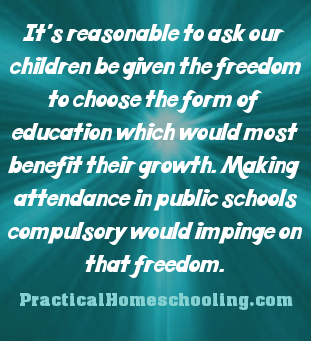

Spending time together as a family, limiting organized activities, and skipping electronics in favor of simple toys are some tenets of this parenting style. Parents who practice this style support their children regardless of their words or actions, so they feel accepted for themselves rather than for what they say or do. This parenting style focuses on coaching children through their interests while providing continuous empathy and support. This parenting style emphasizes close parent-child contact with practices such as babywearing and bed-sharing. Parenting mindfully means being in the present moment with your child and paying close attention to their experience.

There’s a long list of possible approaches to consider when deciding on the parenting style that works best for your family. Some also might neglect material needs, such as: Uninvolved parents don’t provide guidance or nurturing and aren’t concerned with their children’s behavioral or social-emotional needs. Permissive parents rarely set or enforce rules.įree-range parents train and supervise their children until they have the skills needed to handle the freedom given to them. Permissive parents try to be friends rather than mentors to their children and overindulge them to avoid conflict. This parenting style is often confused with free-range parenting, but the permissive approach isn’t the same. The goal is for children to follow the rules that parents create without question or negotiation. AuthoritarianĪuthoritarian parenting places less emphasis on collaboration and a greater focus on parental-driven rules and consequences. Communication is a key feature of this parenting style.Ī 2020 study examining the four most common parenting styles suggests that authoritative parenting is the most effective approach. They help their children solve problems and allow natural consequences to impact them.

Religious freedom and civility depend upon each other and form a mutual obligation founded on the inherent dignity of each person. Religious freedom is as much a duty as it is a right. Religion is not just private worship it involves public expression on social and moral issues. Neither religious nor secular voices should be silenced. All lawful voices should be heard in the public square. To exert its positive influence, religious organizations and people need physical, social and legal space to practice their religion. For nearly 200 years Latter-day Saint leaders have taught the importance of religious freedom for everyone: “We claim the privilege of worshiping Almighty God according to the dictates of our own conscience, and allow all men the same privilege, let them worship how, where, or what they may.” Why Religious Freedom Matters to Latter-day Saintsīecause of their teachings and history, Latter-day Saints have a special commitment to religious freedom.


 0 kommentar(er)
0 kommentar(er)
